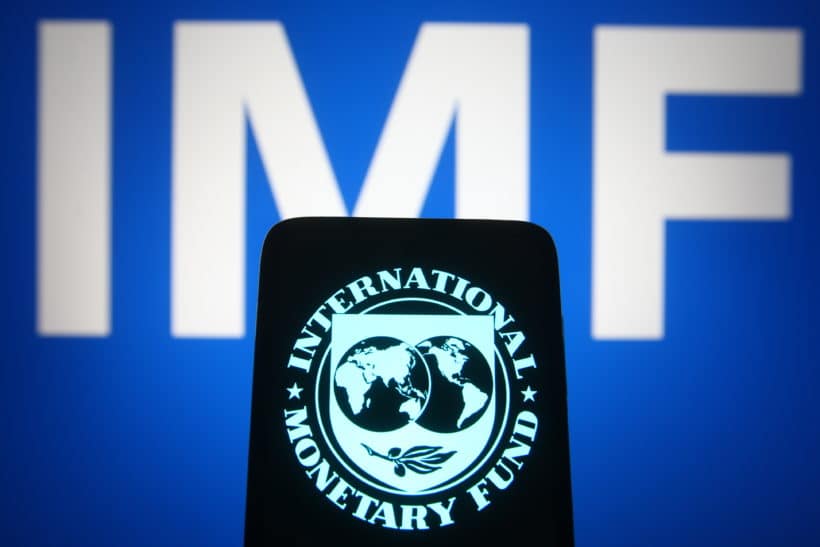
WASHINGTON, Sept 7 (Reuters) – The International Monetary Fund’s executive board on Tuesday approved $567 million in emergency support for Tanzania to help it finance a COVID-19 vaccination campaign and meet the health and social costs of the pandemic, the IMF said in a statement.
The IMF board approved a disbursement of $189 million to Tanzania under its Rapid Credit Facility (RCF), as well as $378 million under the Rapid Financing Instrument (RFI), the global lender said.
The COVID-19 outbreak and associated travel restrictions have led to the collapse of the tourism sector in the East African country, which had denied the existence of the pandemic under the late president, John Magufuli.
Read more: Tanzania turns to IMF loan, boosts government spending by 4%
After his death in March and the takeover by President Samia Suluhu Hassan, Tanzania has started acknowledging the crisis, which caused a major deceleration to 4.8 percent growth in 2020, with growth to remain subdued in 2021.
The IMF said Tanzania needs funds equal to about 1.5 percent of its gross domestic product as authorities implement a comprehensive plan to mitigate the effects of the pandemic, now in a third wave.
The new funding will allow Tanzanian officials to address “the urgent health, humanitarian, and economic costs” of the pandemic, the IMF said. It will also help Tanzanian officials mobilize additional support from development partners, it said.
Read more: Tanzania to request to join COVAX vaccine-sharing facility – WHO
“Tanzania requires urgent financial assistance,” said Bo Li, IMF deputy managing director, adding that authorities’ plans for a vaccination campaign and increased health and social spending would help mitigate the impact of the pandemic.
He said it would be critical to ensure that the new funds are spent on fighting the pandemic, and to maintain fiscal and debt sustainability, while preserving financial stability.
It would also be important for authorities to monitor the banking system’s health in light of increased banking sector vulnerabilities, he said in a statement.
“Once the crisis abates, the authorities appropriately intend to resume implementing reforms to achieve sustainable and inclusive growth,” he said.
(Reporting by Andrea Shalal; editing by Chris Reese and Richard Pullin)

